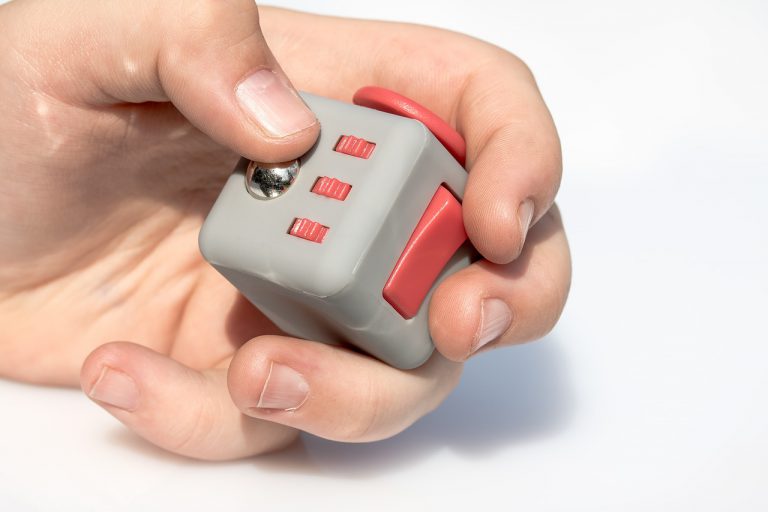How can stimulant addiction be avoided?

Stimulants are drugs that increase alertness, attention, and energy and are commonly used for medical and recreational purposes. However, excessive use of stimulants can lead to addiction and have serious negative impacts on one’s health, relationships, and daily life. This blog post will explore the reasons behind stimulant addiction and provide practical tips on how it can be avoided. From understanding the effects of stimulants on the brain to seeking support from friends and loved ones, we will delve into the ways in which individuals can protect themselves from the dangers of stimulant addiction.
Ways To Avoid Stimulant Addiction
Learning how to cope with stress and life’s difficulties without using stimulants is vital to help prevent addiction. To this end, it’s important to proactively develop healthier strategies and tools like exercise, healthy eating habits, developing coping skills, mindfulness practice, and getting help from mental health professionals. Nonetheless, there are plenty of ways to help avoid stimulant addiction.
- Please educate yourself on stimulants’ effects: Understanding their effects on your brain and body can help you make informed decisions about their use. Knowing the potential risks and dangers associated with stimulant use can also help you avoid abuse and addiction.
- Limit your use: If you choose to use stimulants, limiting your intake to the recommended dose is essential. Overusing or abusing stimulants can quickly lead to addiction.
- Avoid using them in hazardous environments: Stimulants can impair judgment and increase the likelihood of accidents and injuries. It’s important to avoid using stimulants in situations where you need to be alert and focused, such as while driving or operating heavy machinery.
- Seek support from friends and loved ones: A robust support system can effectively avoid stimulant addiction. Surround yourself with people who care about your well-being and will help you stay on track.
- Find alternative coping mechanisms: If you’re using stimulants to cope with stress or other negative emotions, it’s important to find alternative coping mechanisms that are healthier and less addictive. Exercise, therapy, and mindfulness are effective ways to manage stress and negative emotions.
- Get professional help: If you’re struggling with stimulant addiction, seeking professional help is the most effective way to overcome it. Addiction specialists and rehabilitation programs can provide the support and resources you need to recover and live a healthy, drug-free life.
Remember, the key to avoiding stimulant addiction is to use caution and moderation and seek help if needed. By taking these steps, you can protect yourself from the dangers of stimulant abuse and live a healthy, fulfilling life.
Different Kinds Of Stimulant Addiction
Stimulant addiction is an ever-growing phenomenon across the world. It can involve anything from alcohol, cocaine, prescription drugs such as Adderall and Vyvanse, amphetamine, methamphetamine, and methylphenidate. All these substances increase energy levels, leading to long-term addiction if users don’t take their usage under control. If not properly monitored, it can quickly become dangerous and threaten an individual’s ability to function in everyday life.
Thankfully help is available for those struggling with stimulant addiction in the form of professional help from mental health professionals trained in understanding the complexities of addiction. There are also helping support groups that can help lessen feelings of isolation and help recovering addicts learn how to build healthier relationships with substances going forward.
Why Should You Avoid Stimulant Addiction?
Stimulant addiction is a serious condition that potentially devastates one’s physical and psychological health, relationships, and work life. Stimulants like caffeine, cocaine, methamphetamine, and other amphetamines can lead to severe maladaptive behaviors and negative consequences ranging from mild annoyance to significant health problems.
Therefore, it is important to understand why it’s critical to avoid becoming addicted to stimulants: they ultimately damage both physically – as your body develops tolerance over time – and mentally – as your brain is at risk of developing permanent damage or disability. Self-care is key; if you are struggling with dependence on stimulants, help from mental health professionals should be sought immediately. Staying away from stimulant addiction is strongly recommended to ensure optimal well-being.
How To Identify The Early Signs Of Stimulant Addiction
Recognizing the early signs of stimulant addiction can help people intervene and potentially seek help from professionals like Empire Psychiatry to aid recovery. Some common signs include changes in sleeping and eating habits, mood swings, hyperactivity or agitation, and secretiveness about their activities. More extreme symptoms might manifest as anxiety and paranoia, or a person may display reckless behavior with drug use. It is important to remember, though, that each individual will have different experiences with addiction, and the effects are subjective.
Those addicted to stimulants may neglect school, work, or housework as that individual’s focus shifts from daily responsibilities to obtaining and using the drug. Other telltale signs include having financial or legal troubles or increased secrecy and isolation from friends and family. Often, users will consume the drug more frequently and in higher doses than they planned, leading to stronger cravings and a lack of control over their stimulant use.
The Importance Of A Balanced Lifestyle In Preventing Stimulant Addiction
Maintaining a balanced lifestyle is essential to help prevent addiction to stimulants. Far too often, people turn to recreational stimulants in an attempt to fill some void or provide an escape from difficult emotions and problems. It’s important for people to have an outlet for such emotions. However, engaging in the occasional recreational drug is rarely the answer. By exercising regularly, eating healthy food, maintaining positive relationships, and engaging in meaningful activities, one can help preserve their psychological health so that resorting to drug use becomes unnecessary.
The Importance Of Seeking Professional Help For Stimulant Addiction
Stimulant addiction is a serious issue, but help and hope are available. Seeking professional help from mental health professionals, such as Empire Psychiatry, can help people with stimulant addictions identify root causes and develop coping strategies to address the underlying issues that led to their reliance on stimulants.
It’s essential for those suffering from stimulant addiction to recognize that seeking help does not make them weak or inadequate; instead, it takes strength and courage to confront addiction in order to create long-lasting positive change. Engaging with mental health professionals can help provide individuals with the support, guidance, and resources they need to successfully tackle the dilemma of stimulant addiction and achieve lasting recovery.
Conclusion
It is important to be aware of stimulant use’s potential risks and how it can quickly become an addiction. While this post has covered strategies to help avoid stimulant addiction, seeking professional advice is also vital. If you or someone you know is suffering from an addiction to stimulants or another substance abuse disorder, don’t hesitate to contact us for further resources.

